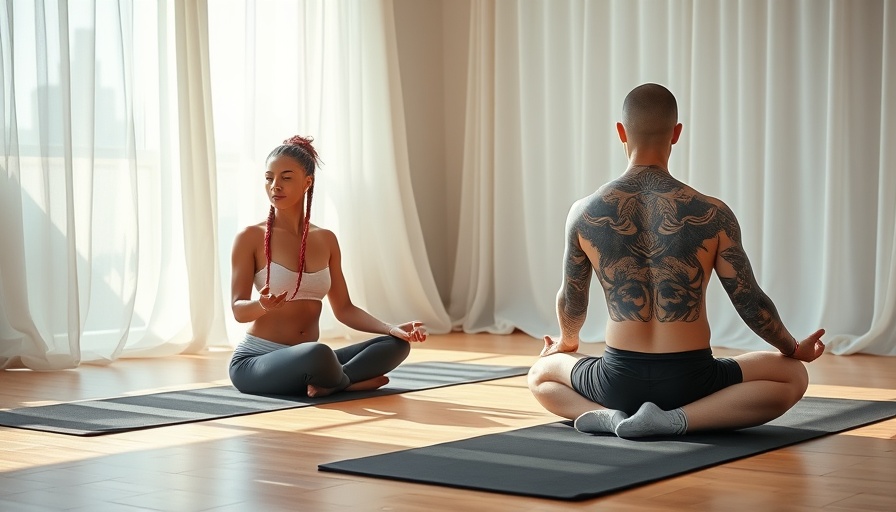
Unlocking the Benefits of Meditation: A Closer Look
For many, the question of whether meditation enhances well-being is a vital consideration on their journey toward improved health. Curiosity surrounding mindfulness meditation has surged, fueled by numerous studies suggesting its benefits. However, the quest for definitive answers is often muddied by the uncertainty inherent in human experience.
Understanding the Science Behind Meditation
Mindfulness practices have been subject to a growing body of research, which highlights their potential positive influence on mental health. This research, while promising, operates within a framework of statistics and probabilities. For instance, studies often indicate an overall trend whereby regular meditators might experience improvements in mood, stress reduction, and even self-compassion. However, these outcomes can vary greatly among individuals. A hallmark of scientific inquiry is its limitation; it may demonstrate trends but seldom offers absolute guarantees. This uncertainty is reminiscent of a rolling dice — while probabilities suggest an outcome, predicting which way the die will land each time remains elusive.
Personalizing Your Meditation Experience
Steven Hickman, a mindfulness teacher, advocates for a discerning approach to meditation. Rather than jumping to conclusions based on collective data, he encourages individuals to embark on a personal exploration of the practice. This perspective promotes an open-minded inquiry that prioritizes personal experience over preconceived notions. As Hickman eloquently remarks, one's unique journey can yield insights that transcend mere statistics. If the science points towards potential benefits, it is the individual's experience that ultimately matters most.
The Human Stories Behind Meditation
Meditation is often not just about the practice itself but also about the transformative stories it produces. Take Bryan, a corporate executive who turned to meditation after facing severe burnout. Initially skeptical, he committed to daily practices indifferently. However, over six months, he found a profound shift in his response to stress and his overall outlook on life. This personal story resonates with countless individuals navigating high-pressure environments and seeking balance through mindfulness.
Community and Connection Through Meditation
Moreover, meditation fosters not just personal insights but also community connections. Group meditations can create a shared sense of purpose, which in turn enhances individual well-being. In a world that often promotes individualism, the communal aspects of meditation provide a counterbalance, reminding participants that they are not alone in their struggles and journeys. This aspect resonates profoundly with health-conscious families and professionals who often find solace in shared experiences.
Future Trends in Mindfulness Practice
As we look toward the future, the interest in mindfulness meditation is poised to rise further, particularly within tech-driven environments. Remote working arrangements and digital interactions have made life more isolated, increasing the relevance of mental wellness practices. Companies are increasingly offering mindfulness programs as an essential component of employee health initiatives, recognizing the long-term benefits for productivity and workplace harmony.
Moving Beyond Skepticism: Finding Your Path
Your journey towards meditation does not need to be one-dimensional. Embrace the skepticism as part of your adventure. Investigate various techniques, from guided meditations to mindfulness apps, and see which resonates with your lifestyle. As Hickman advises, let your experience shape your understanding. It’s through engaging authentically with the practice that you may discover its true impact on your life.
Though the research around meditation continues to evolve, it consistently highlights a corner of hopeful potential. Those seeking well-being through mindfulness are encouraged to explore this practice with a critical yet open heart. Don’t just take the science at face value — experiment, adapt, and personalize your approach to meditation, and in that, perhaps, a brighter path towards well-being will emerge.
Conclusion: Ready to Meditate?
If you're contemplating whether to introduce meditation into your routine, now is the time. Explore the resources available, and consider joining a local mindfulness group or trying an app. This could be the first step towards nurturing your mental health in a meaningful way. Your well-being is waiting.
 Add Row
Add Row  Add
Add 




Write A Comment